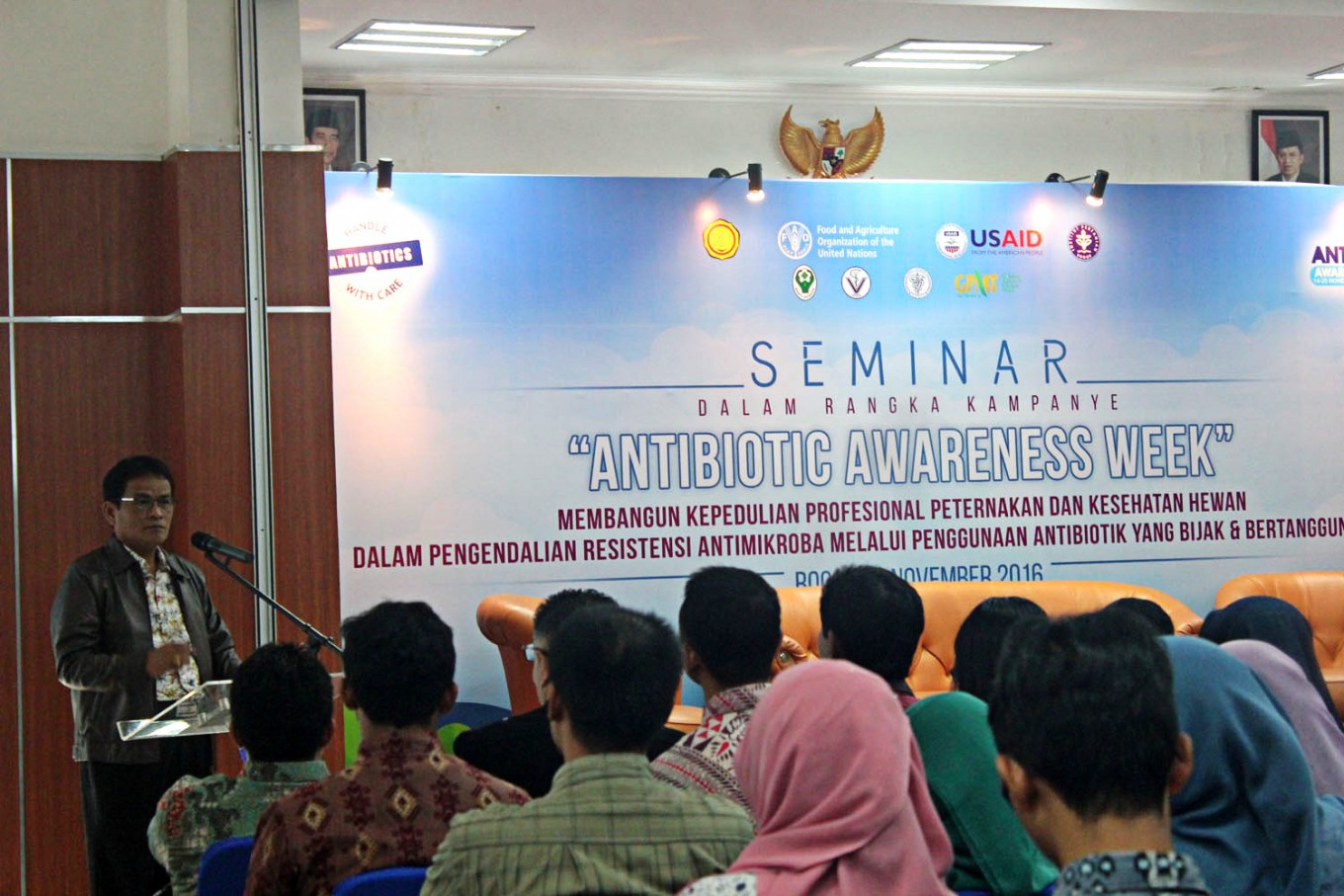Popular Reads
Top Results
Can't find what you're looking for?
View all search resultsPopular Reads
Top Results
Can't find what you're looking for?
View all search resultsSave our lives, use antibiotics wisely
Change text size
Gift Premium Articles
to Anyone
T
riggered by excessive and unwise use of antibiotics, antimicrobial resistance has become a threat that has gone beyond geographical limits, bringing impacts to human and animal health and agriculture, an expert has said.
The Agriculture Ministry’s animal health and husbandry director general, I Ketut Diarmita, said antimicrobial resistance must be anticipated because infections caused by drug-resistant bacteria had led to increased risks of poor clinical outcomes and even death.
He said antimicrobial resistance caused 700,000 deaths per year globally and it was estimated that in 2050, deaths caused by drug-resistance infections would increase to 10 million, exceeding the estimated mortality figure caused by cancer.
“Indonesia is one of the countries considered to have high awareness about antimicrobial resistance,” said Diarmita. Still, more effort is needed to increase awareness about the wise use of antibiotics to prevent antimicrobial-resistance, he said, during the World Antibiotic Awareness Week 2016 seminar in Bogor, West Java, on Saturday.
Antimicrobial resistance occurs when microorganisms experience changes so that medicines used to treat infections caused by the microorganisms are no longer effective.
In cattle, Diarmita said, drug-resistant microorganisms could develop into superbugs, which could spread to people through food, the environment (soil, water and air contamination) and direct human and animal contact, leading to fatalities.
FAO Emergency Centre for Transboundary Animal Diseases (ECTAD) Indonesia head James McGrane said antimicrobial resistance was a problem that did not stand alone.
That was why “One Health”, an approach that integrates human health, animal health and environmental health was needed in tackling antimicrobial resistance, a quite complicated problem, he added. (ebf)










